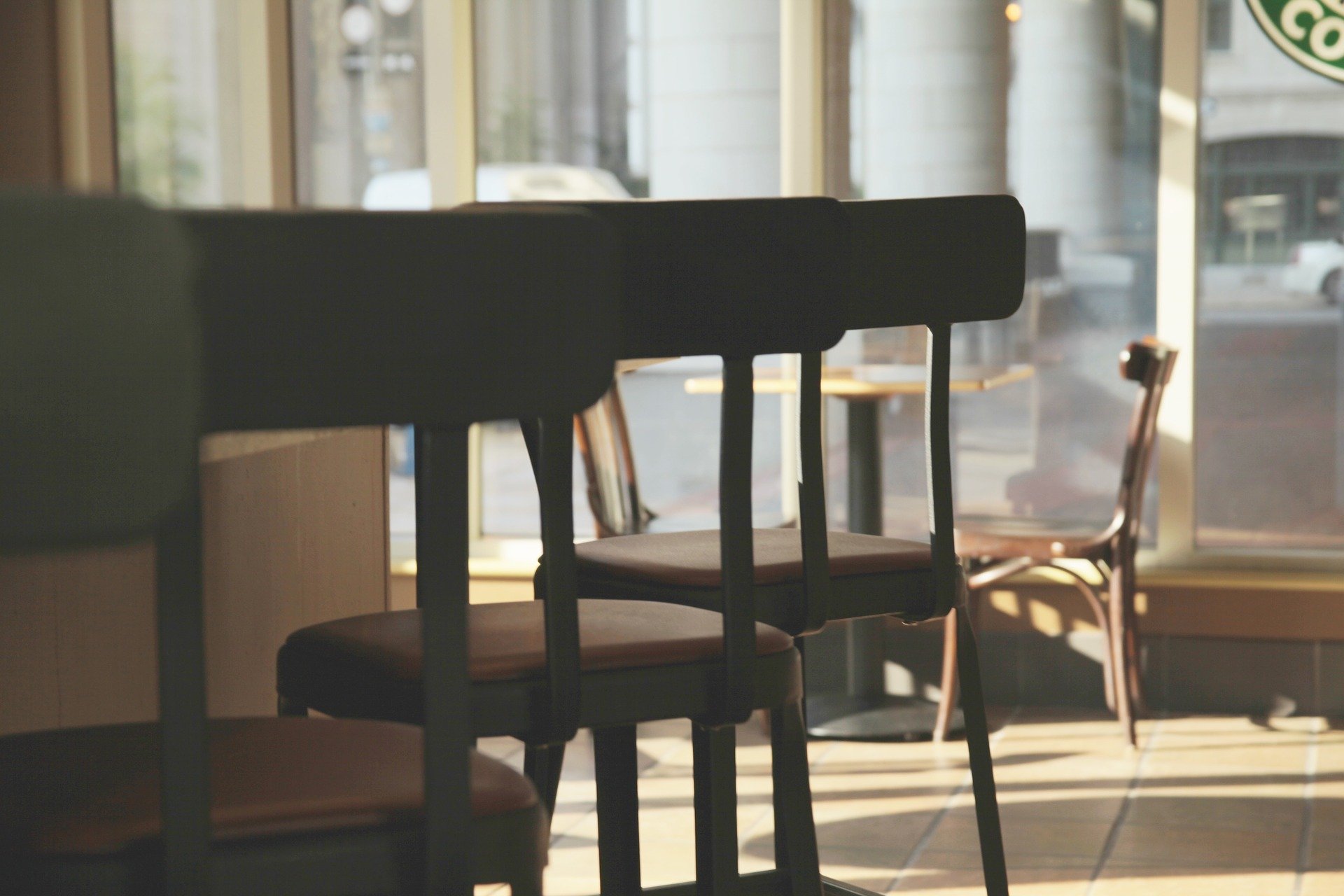As the city of Atlanta limits the number of people allowed in bars and restaurants, people who work in the food service industry are worried about what comes next.
Some restaurants have already chosen to close temporarily, some are limiting hours, and others are only doing take-out orders. That hits workers hard.
“It’s been a little bit scary,” said Lizzie Powell, a server and bartender at a typically very busy restaurant. She said, by the beginning of this week, it had started feeling like a ghost town.
“Leading up to it, ironically, our business was really busy in the last week or so,” she said. “People were treating us fairly well.”
Tommy Lee, a CPA who focuses on the hospitality industry at the Atlanta consulting firm Aprio said he heard about people leaving generous tips over the weekend, too.
“I think there’s some people out there doing during their part, and that’s certainly awesome to hear,” he said. “But that’s not going to carry them through a month.”
A month is about how much Powell said she’s saved up for if she stops getting paid completely. But she said she’s more worried about other coworkers who haven’t been able to save as much money, or who have medical bills.
About half a million people work in food service in Georgia, according to the Georgia Restaurant Association. That accounts for about 10% of the state’s workforce. Statewide, business was down by 50 to 70% on Saturday, and 40 to 50% on Sunday, according to Karen Bremer, CEO of the Georgia Restaurant Association.
“With not having business come in, it’s very, very hard to sustain a business model right now,” she said. “If you want your neighborhood restaurant to be there in a month or two months, you need to patronize them now.”
Bremer’s organization is asking officials for support for restaurants. That could take the form of pushing for temporary rent or mortgage relief, she said, or assistance in getting small business loans.
For workers, the Atlanta nonprofit the Giving Kitchen, which supports people in the foodservice industry, offers a list of resources.
“What we’ve heard is a lot of uncertainty, a lot of pain, there have been layoffs,” said Bryan Schroeder, Giving Kitchen’s executive director.
If people lose work to illness, including a COVID-19 diagnosis, the group can give financial help. But it can’t be a social safety net for everyone in the industry, Schroeder said.
“Our current system is built to serve somewhere between 3,000 to 9,000 people a year,” he said. “What we don’t have the capacity to do, and what we don’t have the ability to influence, is 500,000 people going out of work at one time.”
Staff at bars and restaurants have set up online fundraisers, to help as places reduce service and close.
The White House is recommending that people avoid dining in restaurants, and instead stick to drive-thru, pickup, and delivery options. Some other states have ordered bars and restaurants to close their dining rooms.
That hasn’t happened in Georgia, but Powell said she’s bracing for it, or for whatever comes next.
“I used to live on the coast, and we’d experience hurricanes, and to me, it’s almost like a slow-motion hurricane,” she said.
Only with hurricanes, she said, she’d feel a little more confident, because it was something people had handled before, and there was at least a sense of when it would end.









